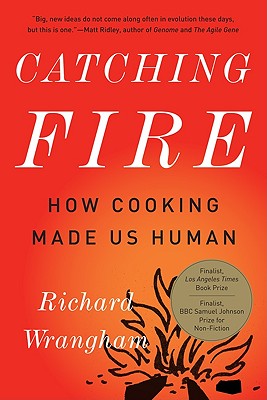Expedite your nonfiction book discovery process with Readara interviews, summaries and recommendations, Broaden your knowledge and gain insights from leading experts and scholars
In-depth, hour-long interviews with notable nonfiction authors, Gain new perspectives and ideas from the writer’s expertise and research, Valuable resource for readers and researchers
Optimize your book discovery process, Four-to eight-page summaries prepared by subject matter experts, Quickly review the book’s central messages and range of content
Books are handpicked covering a wide range of important categories and topics, Selected authors are subject experts, field professionals, or distinguished academics
Our editorial team includes books offering insights, unique views and researched-narratives in categories, Trade shows and book fairs, Book signings and in person author talks,Webinars and online events
Connect with editors and designers,Discover PR & marketing services providers, Source printers and related service providers

Catching Fire: How Cooking Made Us Human
Social Science > Anthropology - Physical
- Basic Books
- Paperback
- 9780465020416
- 8.2 X 5.4 X 0.9 inches
- 0.6 pounds
- Social Science > Anthropology - Physical
- (Single Author) Asian American
- English
Readara.com
Book Description
Ever since Darwin and The Descent of Man, the evolution and world-wide dispersal of humans has been attributed to our intelligence and adaptability. But in Catching Fire, renowned primatologist Richard Wrangham presents a startling alternative: our evolutionary success is the result of cooking. In a groundbreaking theory of our origins, Wrangham shows that the shift from raw to cooked foods was the key factor in human evolution. Once our hominid ancestors began cooking their food, the human digestive tract shrank and the brain grew. Time once spent chewing tough raw food could be sued instead to hunt and to tend camp. Cooking became the basis for pair bonding and marriage, created the household, and even led to a sexual division of labor. In short, once our ancestors adapted to using fire, humanity began. Tracing the contemporary implications of our ancestors' diets, Catching Fire sheds new light on how we came to be the social, intelligent, and sexual species we are today. A pathbreaking new theory of human evolution, Catching Fire will provoke controversy and fascinate anyone interested in our ancient origins-or in our modern eating habits.
Author Bio
Richard Wrangham (PhD, Cambridge University, 1975) is Ruth B. Moore Professor of Biological Anthropology at Harvard University and founded the Kibale Chimpanzee Project in 1987. He has conducted extensive research on primate ecology, nutrition, and social behavior.
He is best known for his work on the evolution of human warfare, described in the book Demonic Males, and on the role of cooking in human evolution, described in the book Catching Fire: How Cooking Made Us Human. Together with Elizabeth Ross, he co-founded the Kasiisi Project in 1997, and serves as a patron of the Great Apes Survival Partnership (GRASP).
Source: Harvard University - Department of Human Evolutionary Biology
Videos










Community reviews
No Community reviews

